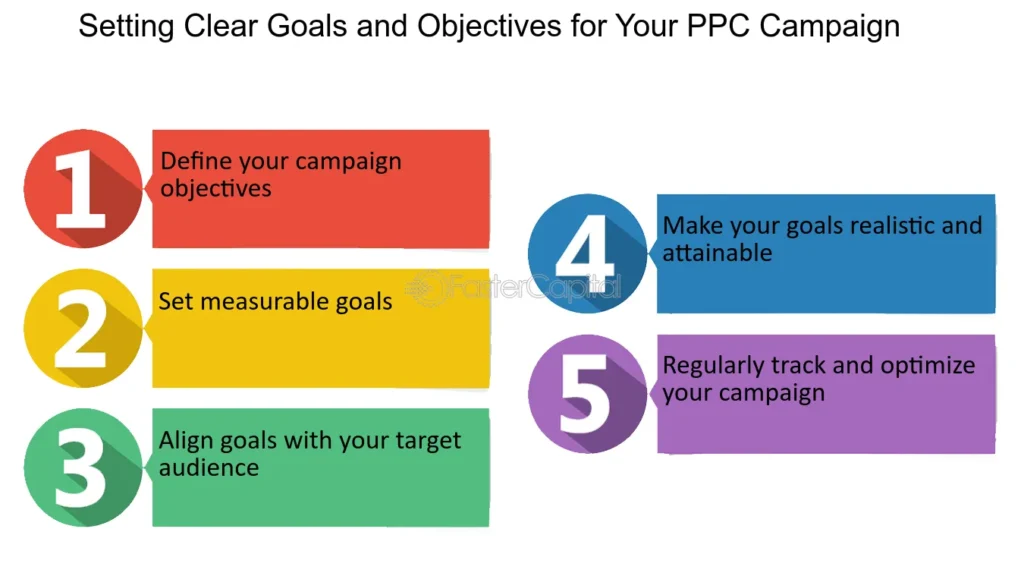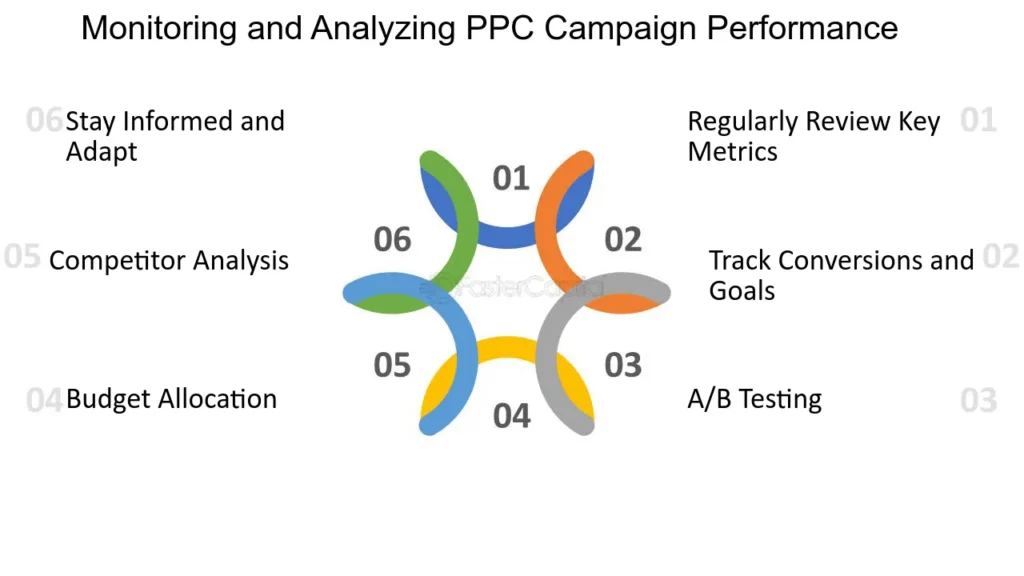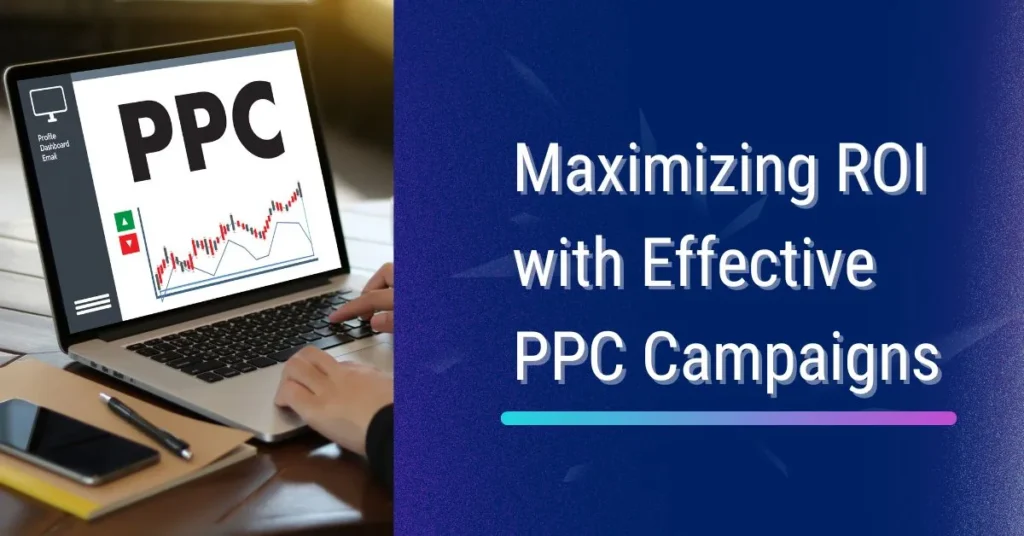Pay-per-click (PPC) advertising is an effective strategy for rapidly producing leads and directing focused visitors. However, for effective PPC campaigns, a systematic strategy and meticulous attention to detail are necessary. In order to help marketers maximize their return on investment and accomplish their advertising objectives, this article examines crucial pointers and strategies for developing successful PPC campaigns.
Setting Clear Objectives
Any effective PPC campaign starts with well-defined, quantifiable goals. Whether the objective is to create leads, improve website traffic, or raise brand awareness, establishing clear targets aids in marketing strategy development. Having well-defined goals facilitates improved performance monitoring and empowers marketers to make data-driven changes to enhance results.

Keyword Research and Selection
Researching keywords is essential to PPC success. Ads are guaranteed to reach the target demographic when the appropriate keywords are chosen. High-intent keywords that complement their advertising objectives should be the marketers’ main focus. Effective keyword selection can be facilitated by using tools such as Google Keyword Planner, which can be used to find appropriate keywords and evaluate their competitiveness and search volume.

Crafting Compelling Ad Copy
To get clicks and conversions, you must write compelling ad copy. Ad content should have a strong call-to-action (CTA), be succinct, and emphasize unique selling aspects. In order to improve ad effectiveness and click-through rates, it can be helpful to test several headlines, descriptions, and calls to action to see which ones the audience responds to the most.
Optimizing Landing Pages
For PPC traffic to be converted, a landing page must be properly optimized. The landing page should load rapidly, offer a clear path to conversion, and be pertinent to the advertisement. Strong CTAs, convincing content, and attention-grabbing headlines can improve user experience and boost conversion rates. To keep users’ trust, the landing page and advertisement must be consistent.

Monitoring and Analyzing Performance
Sustaining effective PPC campaigns requires routine monitoring and analysis. Key performance indicators including cost per acquisition (CPA), conversion rates, and click-through rates (CTR) should be monitored by marketers. Finding trends, identifying areas for improvement, and making well-informed decisions to optimize the campaign for better outcomes are all made easier with the use of performance data analysis.

Adjusting and Scaling Campaigns
Based on performance data, marketers should continuously adjust their PPC campaigns to enhance effectiveness. This includes refining keyword lists, tweaking ad copy, and optimizing bids. Once a campaign shows consistent success, scaling efforts by increasing budget or expanding target keywords can amplify results. Flexibility and ongoing optimization are essential for sustained PPC success.
Conclusion
A planned approach, meticulous planning, and ongoing optimization are necessary for the creation of successful PPC campaigns. Marketers may maximize their return on investment and accomplish their advertising goals by establishing clear objectives, carrying out in-depth keyword research, creating persuasive ad copy, optimizing landing pages, tracking performance, and making data-driven improvements. Digital marketers may successfully negotiate the difficulties of PPC advertising with the help of these pointers, making sure that their campaigns produce significant outcomes and attract the right kind of traffic.


